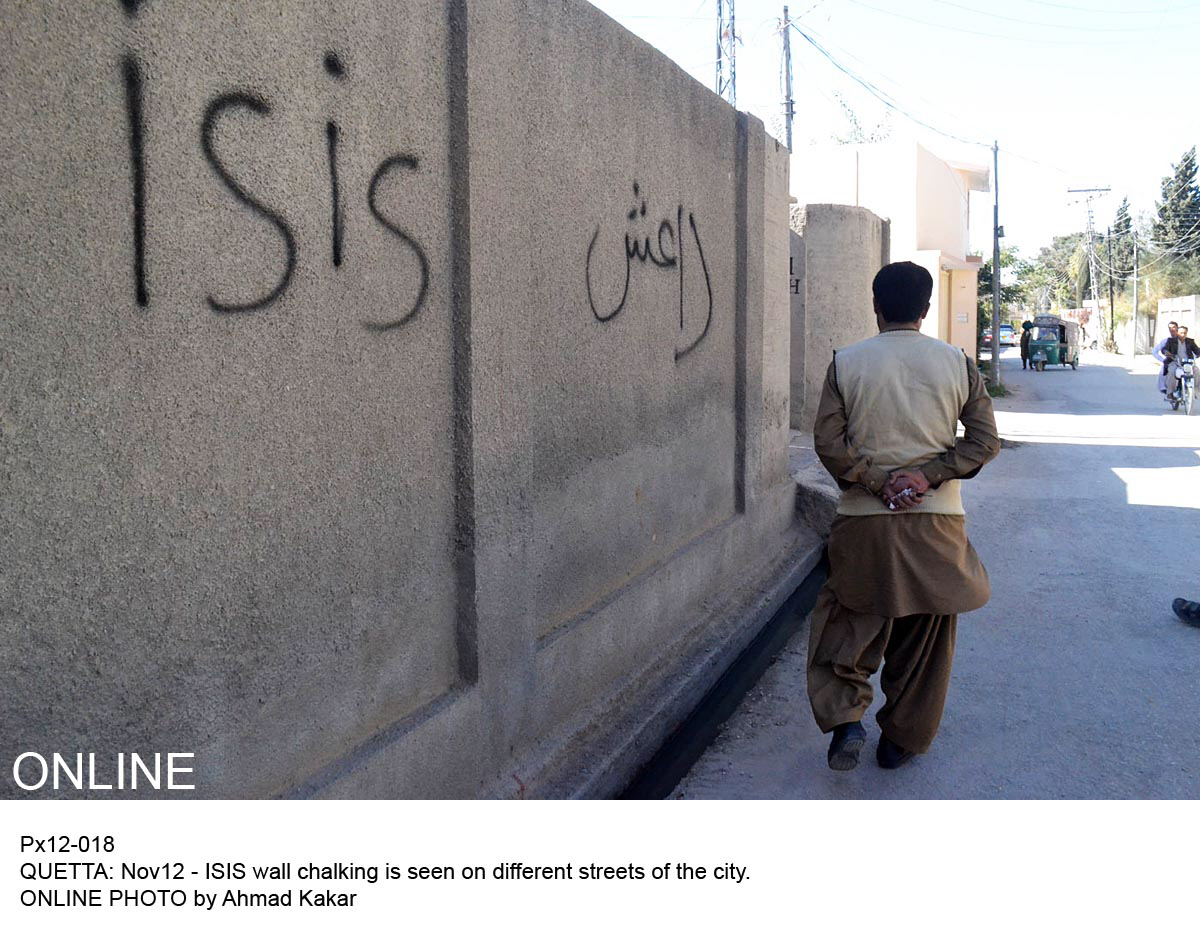
Afghan President Ashraf Ghani touched upon the threat in his address to the US Congress on March 25 and said the country’s security transition was taking place in the backdrop of an unexpected rise of religious extremism in the Middle East.
“Dai’sh is already sending advance guards to southern and western Afghanistan to look for vulnerabilities,” he said. “It is critical that the world understands the terrible threat that Dai’sh and its allied forces pose to the states of Western and Central Asia,” Ghani told US lawmakers during his first state visit to the country.
Ghani’s comments were seen in Afghanistan as efforts to attract the US and global community’s attention to the new threats in the war-torn country which is still braving the Taliban. Last month’s visit took place at a time when the security situation in the country was deteriorating and a number of provinces were seen as vulnerable.
In some areas, the Taliban, who are uneasy in their present leadership, have simply lowered their white flags and hoisted the black ones of IS. They have put on masks and started calling themselves IS members.
The Taliban have never publicly commented on the emergence of Dai’sh. However, some analysts are of the opinion that Dai’sh could replace the Taliban in Afghanistan as people are unhappy with the policies of the latter militant group.
Whatever the future of Dai’sh might be in Afghanistan, it could embarrass the Taliban as those most likely to switch loyalties have reservations over policies and maintain differences with their leadership.
Hardliners and those who believe they have been sidelined by the present Taliban hierarchy, such as its commander Mansoor Dadullah, could split and join Dai’sh. Mansoor, who spent nearly five years detained in Pakistan and was freed last year, believes that some top Taliban leaders were behind the 2007 killing of his brother Mullah Dadullah Akhund, a top commander of the time. The Taliban acting chief, Akhtar Mansoor, along with senior leaders, paid him a visit but failed to allay his doubts.
Mansoor Dadullah told The Express Tribune in February that he was shifted to Afghanistan to reorganise the followers of his slain brother under the banner of “Dadullah Front.”
During lengthy discussions with Mansoor prior to his departure for Afghanistan, he claimed to have received an emissary of the Dai’sh leader Abu Bakar al-Baghdadi who sought his help for a meeting with the Taliban’s reclusive leader Mullah Omar. Mansoor evaded queries of his plans to declare allegiance to Dai’sh, but admitted he was “sympathetic” towards its ideology.
The long disappearance of Mullah Omar could also encourage some Taliban leaders to join Dai’sh in Afghanistan. The year 2007 was the last time that Taliban supreme commander’s voice was heard when he issued a hard-hitting message against Mansoor Dadullah.
This week’s announcement by the Islamic Movement of Uzbekistan (IMU) to join Dai’sh on the grounds that it had neither seen nor heard from Mullah Omar for 13 years will be an embarrassment for the Taliban. The IMU fighters operate from some northern parts of Afghanistan. The IMU, like Pakistani Taliban and al-Qaeda, had considered Mullah Omar as their “Ameer-ul-Momineen” (leader of the faithful).
The decision could raise alarm in some Central Asia states. The Russian TASS news agency has quoted the Tajik State Committee for National Security saying that Tajikistan is concerned about armed groups under the black banner of the IS becoming active near its border with Afghanistan.
Afghan private newspaper Arman-e Melli reported this week that the national security organisation of Uzbekistan had recently warned of Da’ish presence in the border regions of Northern Afghan and Turkmenistan.
Many in Afghanistan view the recent kidnapping of Shiite Hazara community members as the handiwork of elements linked to Dai’sh. The Taliban denied any involvement in the abductions.
Afghanistan’s deputy chief of army staff, General Murad Ali Murad, says the IS is operating in different parts of Afghanistan, especially southern, southeastern and some northern provinces. He believed IS in the country was made up of “defeated Taliban”.
Published in The Express Tribune, April 4th, 2015.











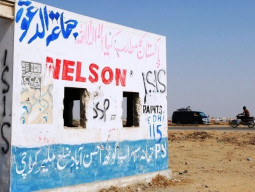
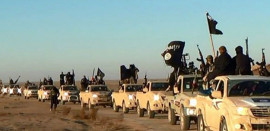
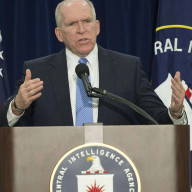
1713793570-0/Israeli-strike-Gaza-(2)1713793570-0-270x192.webp)

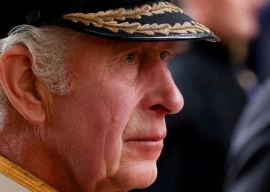
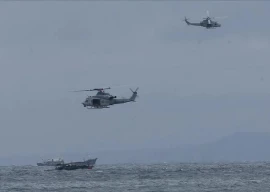
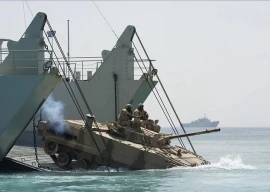





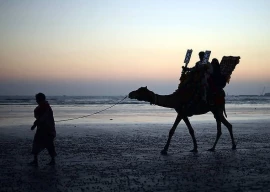
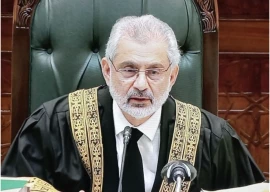


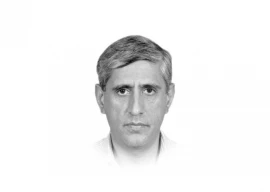





COMMENTS (1)
Comments are moderated and generally will be posted if they are on-topic and not abusive.
For more information, please see our Comments FAQ